Media American Voices: Musical Theater Singing
Featuring Sutton Foster with David Caddick, Joan Lader, David Lai, and Tara Rubin
Norm Lewis as Prof. Harold Hill and the children of River City in “The Music Man.” (Jeremy Daniel)
In this multi-part audio series, Heather Nathans, Associate Professor of Theatre at the University of Maryland, introduces you to musical theater using examples from Broadway, the history, structure and elements of musical theater, musical theater's role in making social commentary, its legacy, and how you too can create a musical.
Before you get started, think of what you already know about musical theater. Keep this in mind as you listen to the lectures. Pause the audio track now and then to sum up what you have learned or playback a segment to stop and think about what it means to you. Think about how your experience and what you know about musical theater matches what Heather Nathans is saying. Are you surprised by anything she says, does something feel familiar to you or validate your own observations?
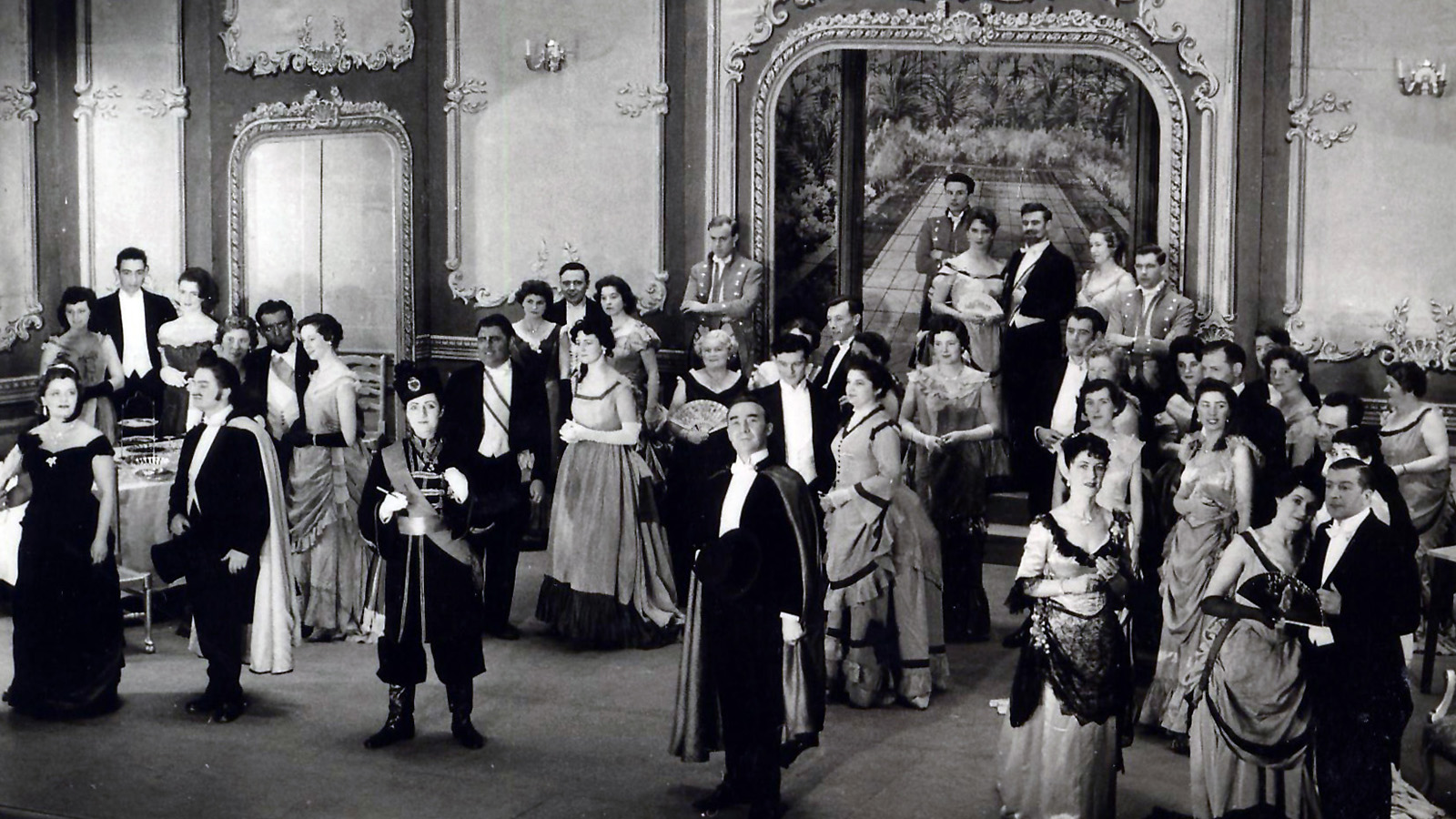
From minstrel shows and Vaudeville to the modern stage, a look at the trends and ideas that shaped American Musical theater.
The early forms of theater in America which led to the birth of the musical incorporated popular songs that were easy to sing and that didn’t necessarily help tell the plot of the story. Later on, the music became more tied to the story until the song had a story and character of its own and then to the point that the music could be both light hearted and soulful. Can you describe the progression which led to this modern version of the musical in terms of the music that was used over the years?
Think of the example that Heather Nathans gives about Showboat which she identified as a “hybrid” musical. What do you think inspired its creators at that particular moment in time to shift away from the old style of theater without making a complete break from the past?
Think about the evolution of the simplistic forms of theater when our country was young which pre-dated the musical up to the technologically advanced and sophisticated shows that are produced today as our democracy has matured some 240 years. Describe the parallels growth patterns that you see in musical theater, society, technology and the human sciences like medicine and psychology. Can you make any connections or draw parallels between musical theater and these trends?
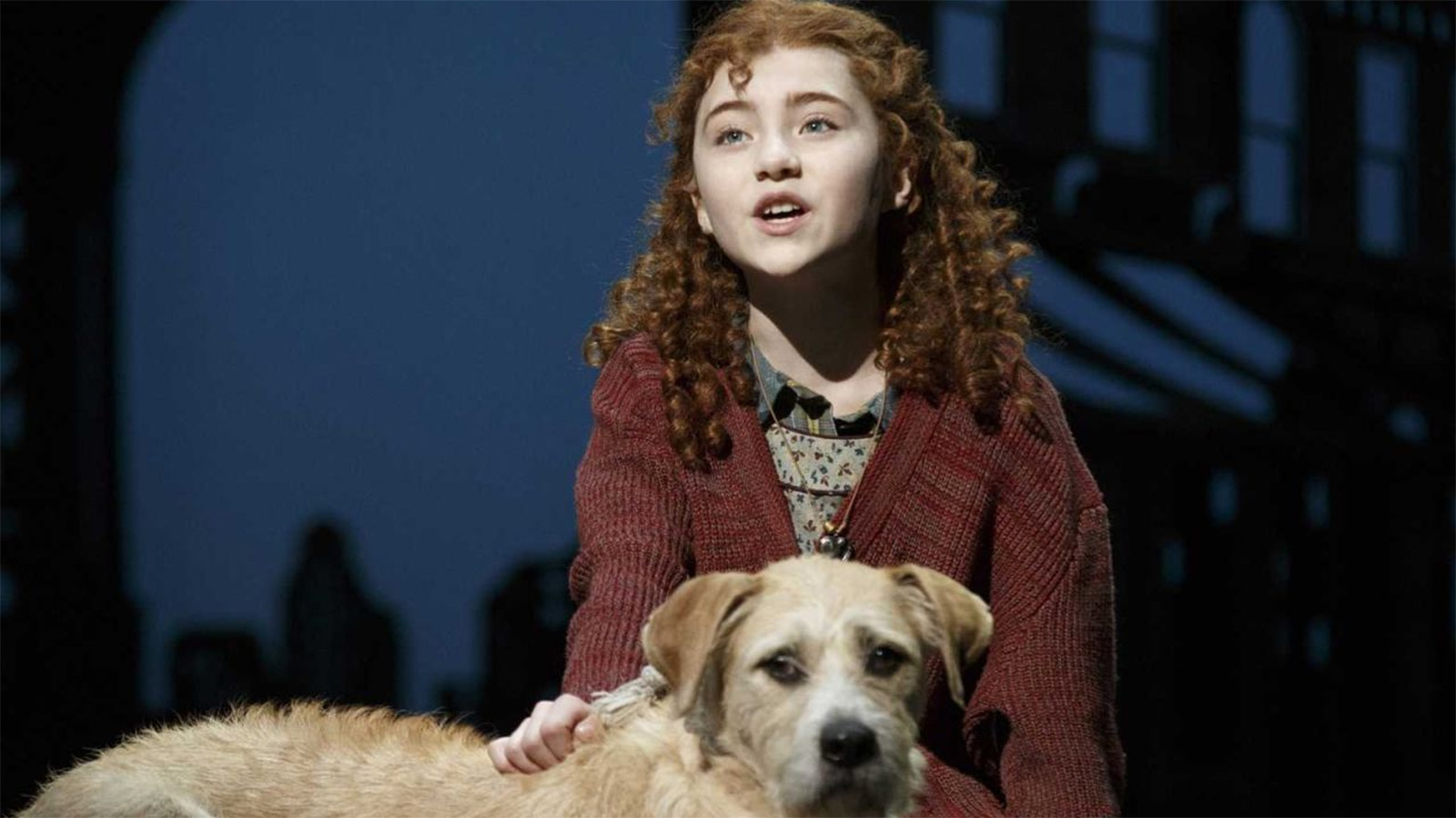
A musical is not a cabaret show and it’s not an opera, Join Heather Nathans as she deconstructs the musical and examines the distinct elements that make it unique.
Every musical starts out this way. Shortly after we meet the main character we find out something very important about that character when they sing what Heather Nathans calls their “I want” song. Why do you think this is a good way to start off a story? How does knowing the heart’s desire of main character make you care about that character? Why might it matter to you what the main character wants? Does it make you think of going for what you want in life?
Heather Nathans suggests that when done well the music and movement will let you know what you should be feeling even if you don’t get the words. How do you think this happens? Could it have something to do with the way our brains and bodies process sound and motion compared to dialogue?
Consider how many more professionals need to collaborate to create a musical than a simple dramatic play, and the special skills required by the performers. How do you think adding the element of music and dance to a play affects the creative process?
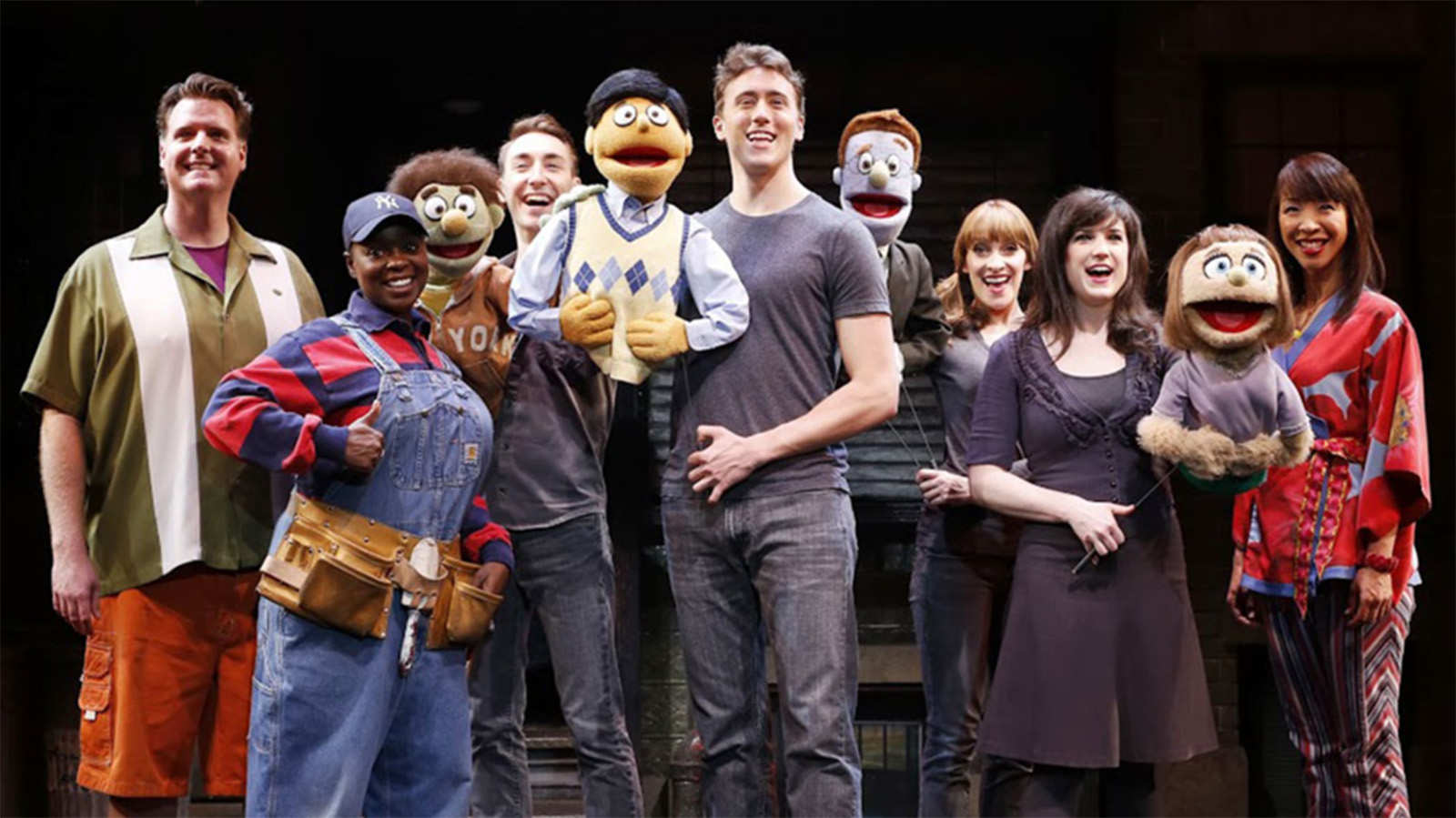
From The Beggar’s Opera to Avenue Q., musicals have commented on social issues for as long as there has been musical theater in America.
People have always gone to the theater expecting to be entertained. What do you find interesting about theater which talks about social and political issues as entertainment? Why do you think we have such a long history of doing this? How does this relate to our first amendment right of freedom of speech?
Avenue Q broke many barriers in terms of subject matter for musical theater. Can you think of a subject matter that has not yet been addressed by musical theater that now could be? Do you think there is a subject that might still present challenges as a tale for a musical venue or that would still be considered taboo for musical theater? How do you think we benefit by examining these difficult subjects through the lens of story, song and dance?
There will always be issues of huge social importance to face; wars, poverty, injustice to name a few. At the community level there are also always topics of contention between people or groups like budget issues, environmental concerns, bullying and the like. What do you think might happen if your school, or community (or family) got together to put on a musical to deal with pressing issues you are facing? Could this be a way to learn about and talk about a difficult topic in a creative and maybe even a humorous or light hearted way?
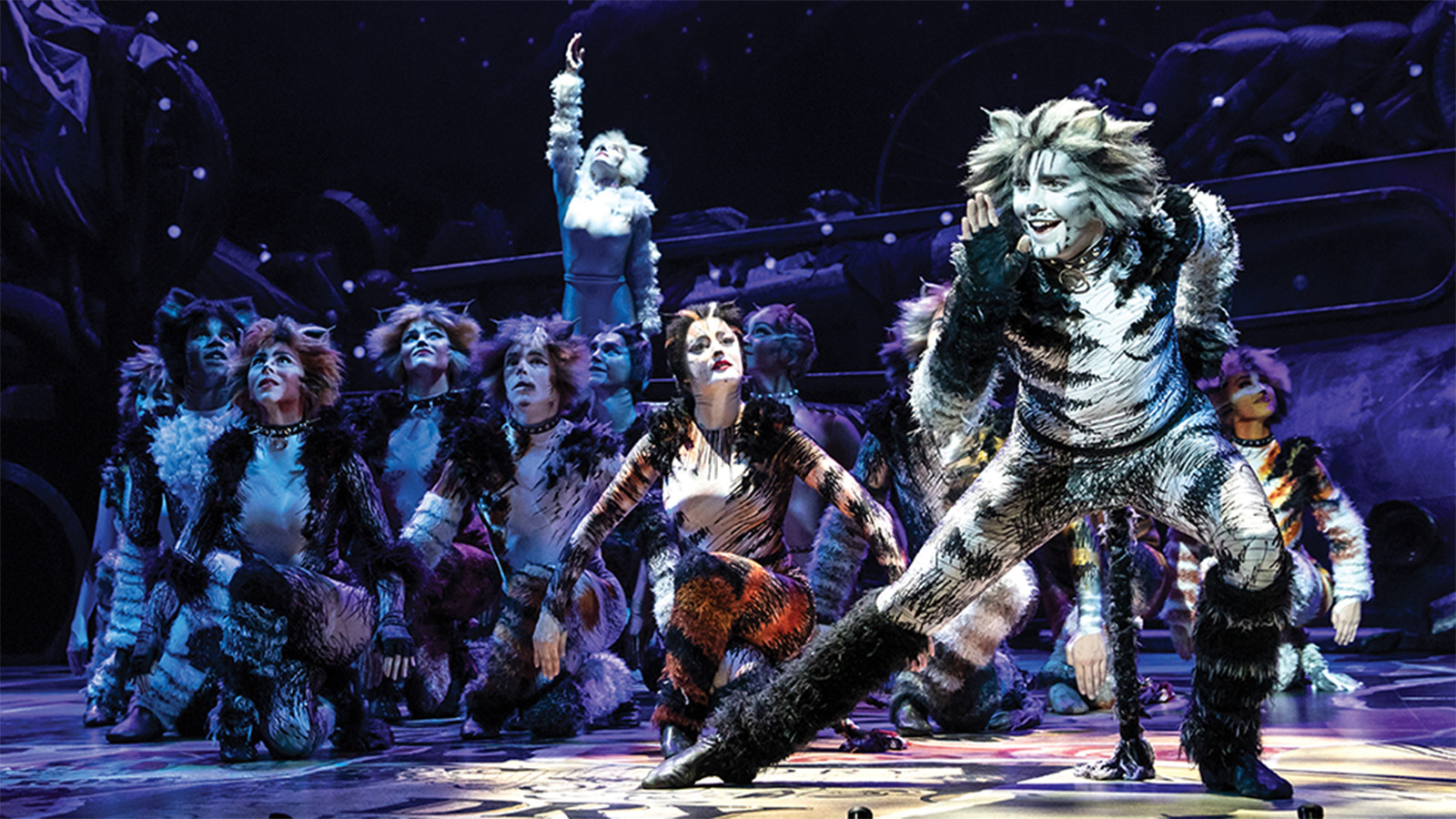
As the rock musical gave way to the spectacle musical, shows like Cats, Phantom of the Opera and Starlight Express came to rely less on story and more on technology. Heather Nathans talks about the changes in musical theater in the last forty years and where musical theater appears to be headed.
Looking back at the history of musical theater in America, there was a period of relative stability followed by some pivotal points of change in the way musicals were presented. Describe when how the musical changed over the course of the last hundred years.
In the 1970’s and 1980’s musical theater hit a slump after about 60 years of relative stability. During this time the creative energy behind the musical was spent on creating extravagant special effects. Why do you think this change happened? Do you think this change was driven by audience demand or by creative inspiration or by the technology itself? Did we lose our interest in story? Did technology give us a sense of wonder, power, control? What else was happening in the world of art, politics, and culture at this time? How might that have had anything to do with this change?
As you can see, the history of musical theater is an art form that has gone through many changes and continues to thrive and be important to our cultural experience. Can you draw a comparison between musical theater and a living organism or as something that has a natural life cycle of its own? What can studying the history of musical theater reveal about our society that say the history of politics or science or legislation might not tell us?
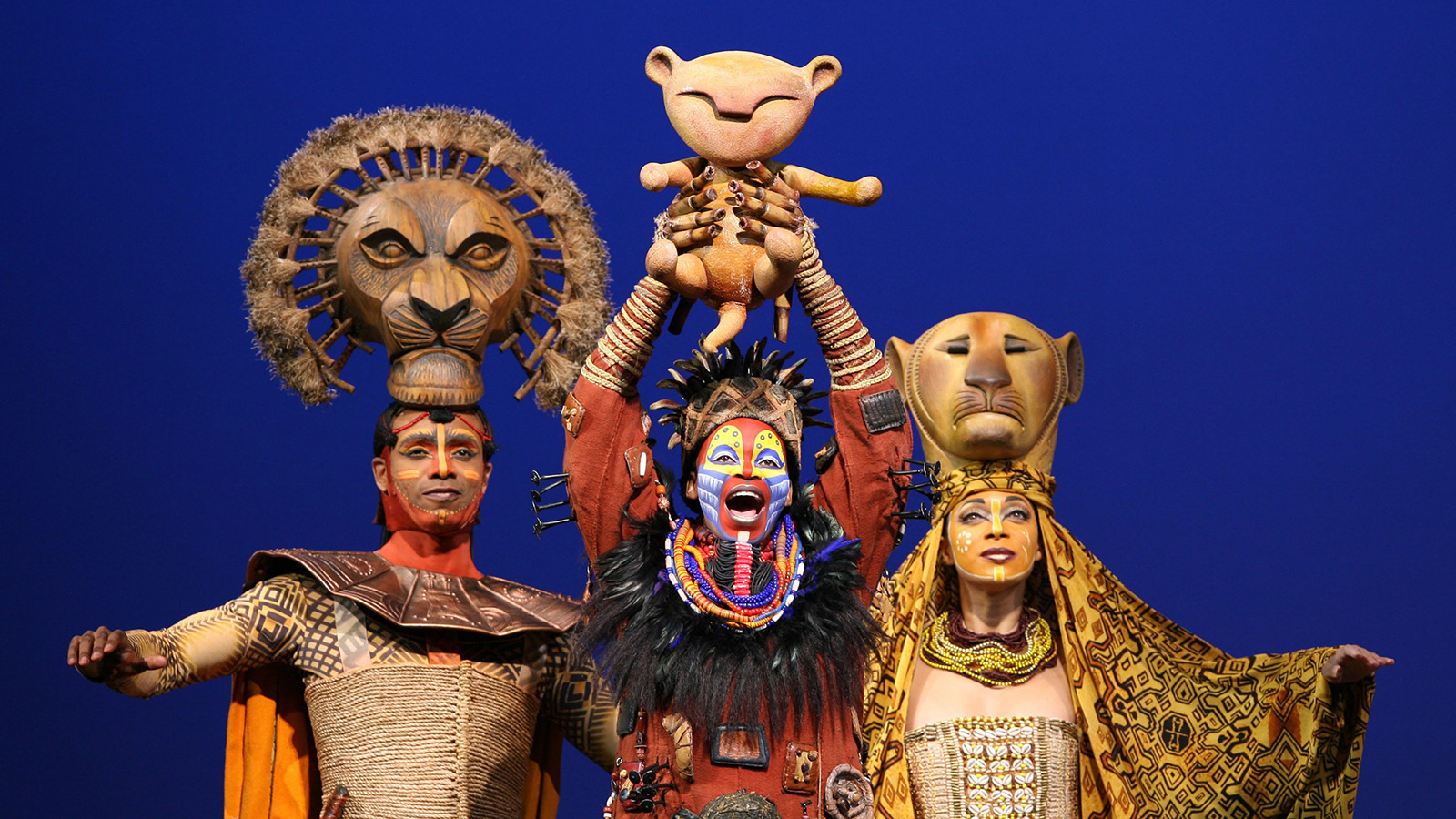
Music and dance have been part of American theater since the early days of our country. Think about what you heard from Heather Nathans and any Disney musicals you have seen. What do Disney musicals and Broadway musicals have in common?
When Walt Disney began making movies, that technology was in its infancy. Disney took the musical theater formula and put it into cartoons that were generally intended for children and families. How do you think Disney got the idea to do this? Were Disney’s musicals immediately welcomed by audiences or do you think they took some getting used to?
Think about the kind of entertainment that you enjoy, which is probably marketed to you and your friends. Can you imagine a way to repackage that same kind of entertainment to a different audience, say your grandparents or the military or factory workers?
In an odd turn, the Broadway musical exported by Walt Disney to cartoons in the 1930’s was returned to Broadway by Disney in the 1990’s. When musical theater hit a slump, Disney revived the business by bringing its cartoon stories to the stage. What do you think happened in America to make the musical theater go out of favor? Could it be because people were going to the movies instead? Or because the problems of society were too serious or not serious enough for the public to seek entertainment in the musical?
Think about the long history of Disney; starting out in the animated cartoon business, then making feature length musicals, and then Broadway bound for spectacular productions. What do you think about a company that can be successful in so many ways? Why do you think Disney went back to Broadway with their musical know how? Was it an artistic ambition? Could it be because they saw an opportunity to make money? To capture a different audience? Were their movie audiences changing, thereby forcing them to reinvent their product?
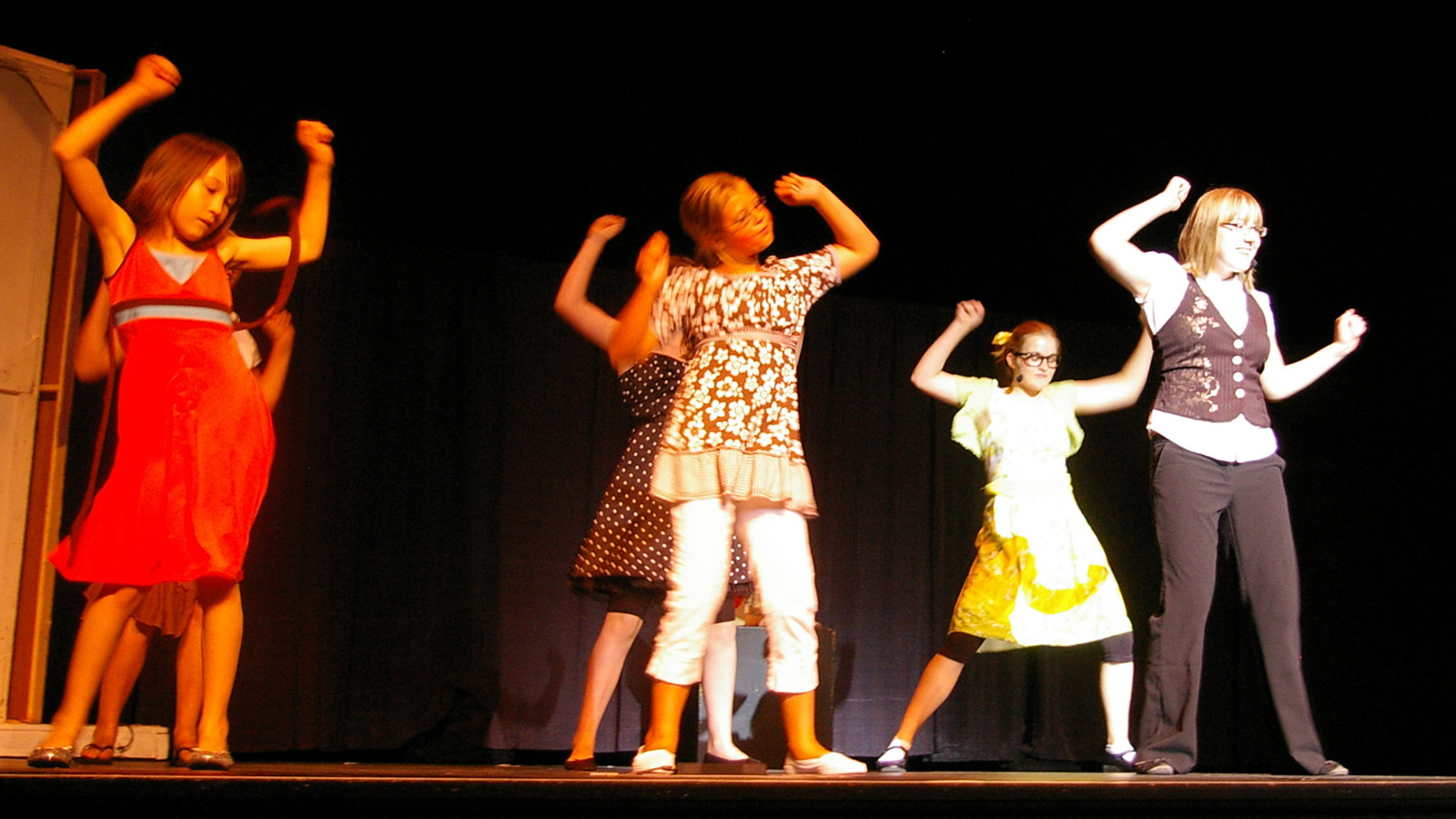
In this piece, Heather Nathans is joined by Joe Stein and Sheldon Harnick (writers of Fiddler on the Roof) and Stephen Schwartz (who wrote Pippin, Godspell, and Wicked) to talk about how a musical gets written.
If you wanted to perform heart surgery, fly an airplane or build a bridge there are things you know you would need to do first in order to be able to accomplish those goals. To achieve excellence in the arts requires the same kind of commitment and effort. What steps do you need to take to write a musical?
Stories come from many places, personal experiences, folk tales, history, the hero’s quest and so on. Think of the common elements of these kinds of stories and how they have been told through musical theater in the past. What are some subjects that you think you could turn into a story for musical theater? What twists of plot and character development would you use to tell this story?
Just about everything is interesting if you get interested in it. Thinking about the history of musical theater in America there have been famous personalities, prolific writers and composers, songs that have become part of our national identity, fortunes made and lost, the exportation of our culture around the world to name a few topics.
If you were to tell the story of the history of American musical theater as a musical play, how would you go about it?
The episodes in this series have dealt with the opening songs and the songs that tell the story. What about the big finish? Take a look at some of the finales in the shows mentioned or others you may know and see what patterns or themes you can find. Here is a collections of finales from musicals:
American culture has been exported all over the world through cinema. In particular, Mumbai, India has taken cues from the Hollywood musical to create their own brand of singing and dancing in the “Bollywood” musical. Take a look at how the Bollywood musical reflects and influences an international audience.
Top 5 Bollywood Dance Songs
This in-depth series on American musical theater examines:
There are so many ways you can use this series. Think about these options:
You may want to listen to the lectures as a large group. When you hear a point relevant to your group pause the audio so you can discuss it. Stop in between lectures for guided group discussion. Use the questions in the tab above to get the conversation going if you need to.
Decide if you would like your class to work individually, in small groups or as a large group.
Supply your students with a selection current magazines, newspaper or Internet headlines.
Direct your class to choose a story from headlines and turn it into a musical by writing an “I want” song, a song to move the plot along and a finale. Come up with an idea of your own or choose one of the following ideas:

Narrator
Heather Nathans
Writer
Ann Reilly
Audio Producer
Richard Paul
Producer
Kenny Neal
Updated
October 15, 2019
Featuring Sutton Foster with David Caddick, Joan Lader, David Lai, and Tara Rubin
Take a peek behind the red curtain and discover the artistry and history behind the world of theater. Explore the playwriting process first-hand, learn about the cultural impact of performance, and read and perform some of the most influential works of the 20th century.
Meet one of American musical theater’s most talented composers, Stephen Schwartz, as he discusses his musical education, his break into show business, and the creative process, as well as performs selections from his musicals.
What does it really take to become a professional singer?
A soprano is a soprano because they can sing high and a bass is a bass because they sing low, right? Not really...
Eric Friedman
Director, Digital Learning
Kenny Neal
Manager, Digital Education Resources
Tiffany A. Bryant
Manager, Operations and Audience Engagement
Joanna McKee
Program Coordinator, Digital Learning
JoDee Scissors
Content Specialist, Digital Learning
Generous support for educational programs at the Kennedy Center is provided by the U.S. Department of Education. The content of these programs may have been developed under a grant from the U.S. Department of Education but does not necessarily represent the policy of the U.S. Department of Education. You should not assume endorsement by the federal government.
Gifts and grants to educational programs at the Kennedy Center are provided by A. James & Alice B. Clark Foundation; Annenberg Foundation; the Andrew W. Mellon Foundation; Bank of America; Bender Foundation, Inc.; Carter and Melissa Cafritz Trust; Carnegie Corporation of New York; DC Commission on the Arts and Humanities; Estée Lauder; Exelon; Flocabulary; Harman Family Foundation; The Hearst Foundations; the Herb Alpert Foundation; the Howard and Geraldine Polinger Family Foundation; William R. Kenan, Jr. Charitable Trust; the Kimsey Endowment; The King-White Family Foundation and Dr. J. Douglas White; Laird Norton Family Foundation; Little Kids Rock; Lois and Richard England Family Foundation; Dr. Gary Mather and Ms. Christina Co Mather; Dr. Gerald and Paula McNichols Foundation; The Morningstar Foundation;
The Morris and Gwendolyn Cafritz Foundation; Music Theatre International; Myra and Leura Younker Endowment Fund; the National Endowment for the Arts; Newman’s Own Foundation; Nordstrom; Park Foundation, Inc.; Paul M. Angell Family Foundation; The Irene Pollin Audience Development and Community Engagement Initiatives; Prince Charitable Trusts; Soundtrap; The Harold and Mimi Steinberg Charitable Trust; Rosemary Kennedy Education Fund; The Embassy of the United Arab Emirates; UnitedHealth Group; The Victory Foundation; The Volgenau Foundation; Volkswagen Group of America; Dennis & Phyllis Washington; and Wells Fargo. Additional support is provided by the National Committee for the Performing Arts.
Social perspectives and language used to describe diverse cultures, identities, experiences, and historical context or significance may have changed since this resource was produced. Kennedy Center Education is committed to reviewing and updating our content to address these changes. If you have specific feedback, recommendations, or concerns, please contact us at [email protected].